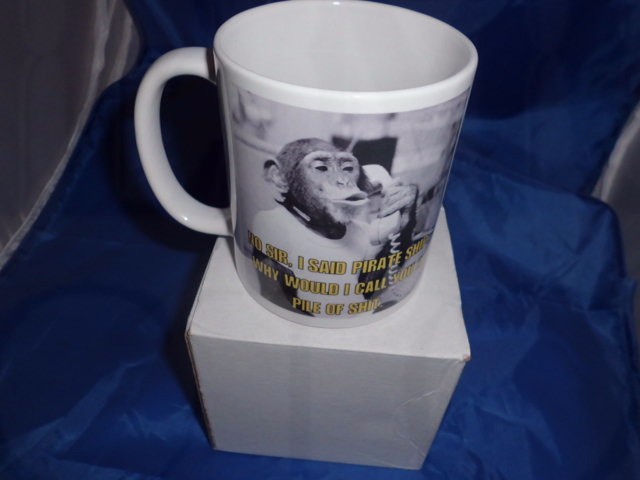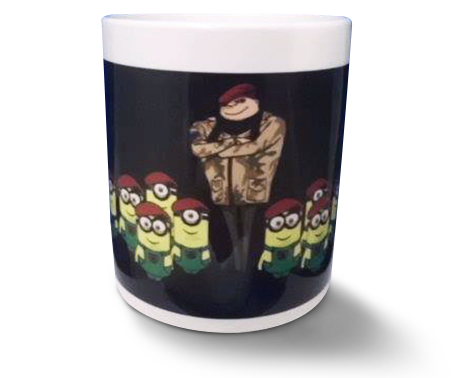
14/04/2017 by The Mug Factory 0 Comments
Animals can be so funny!
whole animal universe is man-made, with shops, houses, technology etc. except that animals take the place of people. In some works, all kinds of animals take the place of people; all animals are human surrogates and considered equals to each other. In other works, some animals or types of animals take the place of people while others are considered normal animals. Sometimes, only one species of animal is a human surrogate. There are no people in the setting, except maybe a Token Human or two.some works where some animals or types of animals take the place of people and others are considered normal animals, there are both normal forms and human surrogate forms of one or more animal species.Every pet owner has seen their pet do something that was downright hilarious, like a cat that miscalculated a jump or a dog with new rain boots.
Let’s go tickle some rats
A similar sentiment inspired psychologist to enter his lab at Bowling Green State University in Ohio one day in 1997 and tell undergraduate Jeffrey Burgdorf: “Let’s go tickle some rats.” The lab had already discovered that its rats would emit unique ultrasonic chirps in the 50 kilohertz range when they were chasing one another and engaging in play fighting.
Now the researchers wondered if they could prompt this chirping through tickling. Sure enough, when the researchers began poking at the bellies of the rats in their lab, their ultrasonic recording devices picked up the same 50 kilohertz sounds. The rats eagerly chased their fingers for more. Soon, as the media trumpeted the existence of rat laughter, people the world over were opening up their rat cages and engaging Pinky and Mr Pickles in full-scale tickle wars.
We met Burgdorf at his office at Northwestern’s Falk Center, where as a biomedical engineering professor he has continued his rat-tickling efforts. He was cautious, however, about overselling what is happening with his rodents. “I don’t necessarily call it laughter, I call it a signal of positive affect,” Burgdorf told us.
His careful choice of words makes sense. Not everyone was convinced he and Panksepp had uncovered real rat laughter when their rodent-tickling activities first went public. But whatever you want to call it, Burgdorf, a quick-witted man with a boyish face and a sign on his office door that reads “Know It All,” has been obsessed with that strange rat noise he first heard in 1997.
Laughing pill
He seems to be on to something. While tickling isn’t always pleasant – thus the term “tickle torture” – in multiple experiments Burgdorf has demonstrated the rats’ 50 kilohertz chirping is only associated with positive experiences. For example, the rats only made this sound during rough and tumble play when the animals were of similar size. The vocalisations changed when one of the animals involved was much larger than the other, when it was no longer fun and games and instead looked more like bullying. And when given a choice, Burgdorf’s rats would push a bar to play a recording of the 50 kilohertz chirp as opposed to other rat noises, suggesting they had a preference for the sound.
Finally, when Burgdorf and his colleagues used electrodes, opiates and other manipulations to stimulate the reward centres of rats’ brains, the rats produced that same noise.
Whether you call it laughter or not, Burgdorf is convinced the ultrasonic noises signal the rats are experiencing happiness. Hence the “laughing pill” experiment: he and his colleagues are testing a new antidepressant medication on rats, to see if it makes them “laugh”, or chirp happily. If all goes well, Burgdorf believes the resulting medication could eventually be approved for humans. Rats, so often seen as a malicious pest, could end up making the world a happier place.
This article first appeared in Slate





Comments
Leave a comment